A few friends recommended I read this book , because of my budding interest in Buddhism and Eastern religions. Alan Watts was one of the big popularizers of Zen and other Asian spiritual philosophies in the 50s and 60s, and I greatly enjoyed his television program.
I’ve become interested in these sorts of ideas because, for me, they form a radical departure from the normal stock of personal development advice. Additionally, I feel that Eastern philosophy seems a more suitable approach for resolving some troubling problems concerning happiness and human purpose than many Western approaches.
The Wisdom of Insecurity is a classic book which draws on Watts’ extensive experience both in Eastern philosophy (he was almost a Zen monk) and Western religion (he was an ordained Anglican priest). As such it represents his views, rather than any particular orthodoxy.
Because of this, Watts sometimes is prone to fit the evidence to his particular views of religion. Quoting extensively, he often creatively interprets scripture or sages to suggest they had his particular view of things. I’m not well read enough in these subjects to object to this characterization, but one is definitely left with the distinct impression that Watts’ views and traditional ones may have significant departures.
However, a lack of orthodoxy never made me like an idea less. I’m more interested in what might be the possible implications of Watts’ radical perspective.
A Radical Premise or Nonsense?
Eastern ideas, in particular Zen and Daoist varieties, suffer from a problem. They often, at first glance, seem deeply profound. Then, as you think about them a bit more deeply, they feel tautologically true, a kind of banal nonsense you could have replaced with white noise and learned equally much. Then, thinking a bit deeper than that, and they feel profound again. This pattern of “is it deeply profound or nonsense” alternates back and forth until you’re not quite sure anymore.
Watts likes this seemingly-profound-but-possibly-nonsensical stance, and accentuates it to effect. His reasoning, citing the Zen approach of koans, is that the right approach is entirely unintellectual—that thinking and philosophizing about Zen ideas is entirely backwards. Only by being paradoxical and confusing, will the student surrender, admit there is nothing to intellectualize and become enlightened.
So, it was with trepidation that I started writing this review, since by trying to intellectualize Watts’ philosophy, I’m ignoring his number one credo and going to find myself hopelessly stuck in a rut. However, I suppose I shouldn’t get too caught up in this contradiction, seeing as for a man who believed in the essential unexplainability of Zen, Watts’ himself wrote over twenty books about it.
What is it All About?
The essential philosophy of The Wisdom of Insecurity, as I understand it, can be summarized as such:
1. Human beings in general, but particularly in our modern age, live in a near-constant state of dissatisfaction and anxiety. Alternatively yearning or fearing things which are not here.
2. This state comes about because we crave security, despite that this is both impossible and undesireable.
3. This occurs because we believe that there exists a separate experiencer in addition to our experiences that persists through time. No such experiencer exists as anything other than an abstract concept.
4. Anxiety, fear, pain and dissatisfaction arise not directly, but because of our urge to separate this experiencer from the experiences.
5. If, instead, one stops trying to separate from these experiences, they tend to dissolve on their own quite readily.
Another way of putting the ideas, is that Watts advocates living fully in the present moment. Focusing attention on current experience, rather than being subsumed in the world of thoughts, memories and future projections.
This basic approach accords much in my understanding with the basics of Zen, which takes Buddhist ideas about the nature of suffering and the nonexistence of the self, but adds to the idea that enlightenment is something instantly attainable through meditation, rather than the product of thousands of lifetimes of karmic investment.
This idea, if true, is a fairly radical premise, and not without some obvious difficulties. But I think it is provocative in that it also neatly resolves some of the practical and metaphysical problems I see with a more standard, scientific Western view of the world.
The Problem of Happiness
What do you want in life? I don’t think it’s an unfair stretch to say that being happy and fulfilled is a big part of what we want from life. While I can imagine sacrificing my happiness for an even greater purpose towards others, I can’t see a reason to sacrifice my happiness without some greater benefit.
Yet, if you look at a large amount of human activity, it does seem to fall into Watts’ diagnosis that we’re in a state of anxiety and hunger, for no discernible net benefit to happiness.
Watts’ considers an illustrative example of this needless unhappiness by imagining a man waiting for an unavoidable surgery:
“Here is a person who knows that in two weeks’ time he has to undergo a surgical operation. In the meantime he is feeling no physical pain; he has plenty to eat; he is surrounded by friends and human affection; he is doing work that is normally of great interest to him. But his power to enjoy these things is taken away by constant dread. He is insensitive to the immediate realities around him. His mind is preoccupied with something that is not yet here. It is not as if he were thinking about it in a practical way, trying to decide whether he should have the operation or not, or making plans to take care of his family and his affairs if he should die. These decisions have already been made. Rather, he is thinking about the operation in an entirely futile way, which both ruins his present enjoyment of life and contributes nothing to the solution of any problem. But he cannot help himself.” [emphasis added]
Watts’ basic thesis is that living well requires enjoyment of the present moment. Some sacrifice of present enjoyment, could be merited, if it would create a greater future happiness or avoid a greater future pain. However, in many situations we are like the man getting surgery—unable to change anything at all, yet also ruining our present moment which is unproblematic.
This is what I would call the problem of happiness. The problem of happiness is simply that, if we are rational creatures trying to maximize our subjective conscious experience, we do a spectacularly bad job of it.
Even if you were to take the less extreme position that, perhaps, we desire happiness in addition to some non-subjective things, it appears we often don’t even do that, failing to maximize our happiness even when there is no appreciable benefit to any other purpose we might have.
From a scientific perspective, this isn’t surprising. Since we evolved as survival and replication machines, happiness is not an end goal in our makers’ designs, but an instrumental one. If being more anxious made us slightly less likely to be eaten by a tiger, but it destroyed many moments of uncomplicated bliss, that would be a positive trade-off.
Is There a Solution to the Happiness Problem?
Given this description of the problem, is it possible to get out of it? The answer, according to Watts’, is yet another seemingly paradoxical yes-and-no situation.
According to Watts there is no method to solve the problem of happiness, “The question ‘What shall we do about it?’ is only asked by those who do not understand the problem.” This suggests that not only is there no method for achieving resolution, but wanting to achieve a resolution is a symptom of the initial problem!
To Watts, the problem of happiness is like the Polar Bear Game. This comes from that game where both players try to last as long as they can not thinking about polar bears. Unfortunately, the only way to win is not to play! For as soon as you try to play the game you’re inevitably going to think about polar bears.
The happiness problem is similar in that it is caused by unfulfilled desires and fears which pull us away from experiencing the present moment. But the thought, “this living in the present sounds like something I’d like to have, how can I get it?” is just another unfulfilled desire pulling you out of the present, thus a paradox.
Many Zen practitioners, seeing this paradox, resolve it through zazen, which is a strict meditative discipline. Watts, for his part, does not suggest meditation as a resolution to the paradox.
This no-method view with resolving a fundamental life problem could be said to put Watts firmly against much of the philosophy of personal development. In fact, it could be argued, that self-improvement is exactly the problem Watts’ argues against, trying to “improve” something which is illusory.
Instead of a method, Watts argues that the problem can be resolved immediately the moment it is properly understood. “When light is brought, the darkness vanishes at once,” Watts explains.
Such an instantaneous release of the problem comes from appreciating key insights about reality and the self. While the insights are not truly separate, they are confusing, so I’ve done my best to separate them and present them in a sequence as I understand them.
Insight #1: Words are Not Reality
The first insight suggested by Watts is that there are many conventions and abstractions which we commonly use as a stand-in for reality in order to talk about it. This echos the opening line of the Dao De Jing, which says, “The Dao that can be named, is not the true Dao.”
As Watt’s explains, “Part of man’s frustration is that he has become accustomed to expert language and thought to offer explanations which they cannot give. To want life to be ‘intelligible’ in this sense is to want it to be something other than life.”
While words often correspond to reality in predictable ways, which is why we use them, this can create the confusion that words are the reality. However consistent, words tend to cut up reality arbitrarily, and make reality seem static and fixed, rather than changing and fluid.
My sense of this insight is that words are a tool in our cognitive machinery. Our descriptions, measurements and science are an attempt to translate reality into terms we can deal with in our brain. Since in our apprehension, contra Shakespeare, we are not like a god, we inevitably sacrifice something in order to make reasonable predictions.
This insight is may seem like a technicality, until it is applied to some of the concepts we believe are central such as time and the self.
Insight #2: Time is an Abstraction
Once the split between our descriptions of reality and the real thing can be properly appreciated, the next insight is that time itself is an abstract concept. In Watts’ contention, the existence of time is something we infer because of regularities in the patterns of reality which result in memories.
In other words, the past and future are not something we directly perceive, but merely infer, based on the traces we have in memory. Reality is always a process of becoming, being born and dying continually. Time is merely how we extrapolate some patterns in that process.
This doesn’t mean time isn’t a reliable or useful concept. Quite the contrary, it’s the stability and usefulness of this abstraction that makes it very easy to confuse for reality. Our process of remembering the past and imagining the future can be so convincing that we often forget that they are occurring in our heads.
If there is a moment to be enjoyed, it must be a present moment. However, if we are continuously living in an imagined, abstracted future (or past) moment, then when those moments actually come, we will miss them if we are living again in another imagined moment.
Anyone who has obsessed over something in the future, be it something desirable, like achieving a goal, or anxiety-producing, like an exam, can recognize this pattern. We can practice imagining the future, but when it finally comes it often doesn’t feel much like our imaginations and once it has been dealt with it is quickly replaced with a new hope or worry.
Insight #3: The Self is an Illusion
There is no experiencer, only experience. Building on the abstraction of time, the abstraction of the self is also only present as an extrapolation into your memories of the past. Something appears to be consistent amongst all my memories, so that must be “me”!
Once again, Watts does not deny the usefulness of the idea of the self. That I’m a consistent entity across time is very practical for maintaining friendships, finding work or getting a bank loan. Watts’ objection, however, is that we mistake this essential abstraction for our fundamental nature.
Directly perceived reality contains no “I”. If you look for a self in the contents of your experience, you cannot find it. Instead, you can only find experience.
This is important, Watts’ notes because much of our anxieties and unhappiness stems from trying to find security for the self, to protect it from change. However, if there is only experience, then what we “are” is change. Our existence, not being some solid, static object in the world, but a process of experiences. Consciousness is a verb, not a noun.
This leads Watts to the standard one-with-the-universe idea from Eastern religions. If there is no self, but only experience, and such experience is this changing, fluid process and reality is this changing, fluid process, then it doesn’t take much stretch to claim they are part of the same thing. It’s only when you invent yourself as a static, separate self does the unity of nature get artificially broken.
My Thoughts on The Wisdom of Insecurity
While many books in the self-improvement space, dress up banalities and platitudes as if they were revolutions, The Wisdom of Insecurity, appears to dress down very revolutionary ideas as if they were the substance of many religious doctrines, all along.
I feel such a dressing down does almost a disservice to the book (as it does with the much later The Power of Now by Eckhart Tolle, which expounds on very similar themes). While I don’t have the background in theology to definitively contradict Watts’ interpretation of Christian scripture as being metaphorically supportive of his ideas, they definitely feel like a stretch to me.
I do not believe, as he contends, that most Christians view the stories in the Bible as being merely metaphors for the process of insight he describes in his book. Many practicing Christians genuinely do believe in an actual future heaven and hell, as opposed to being an analogy for enlightenment and the vicious circles we engage in on this earth.
While Watts’ thoughts seem closer to the mark on actual Eastern religious viewpoints, I think it’s also clear that this isn’t how most of those religions are widely practiced in Asia. Traveling in Asia makes it clear that most Buddhists and Hindus there are engaged in superstitious rituals with a more literal interpretation of scripture than Watts’ winking at the reader suggests.
Why Isn’t This Approach More Widespread?
This suggests, at least to me, that even if this philosophy has been known about for thousands of years, both in the West and Asia, it is unlikely that it was appreciated in Watts’ particular way for all but a small minority of people.
To the extent that we can say ideas are technologies, this gives the impression that these “spiritual” technologies for living a vastly improved life have been widely available but very rarely employed. That depressing observation, has a few possible explanations.
The first, is that the tools don’t work. Despite all the false profundity of the writing, they hinge on an incorrect premise. The nature of reality and human existence doesn’t fit with this picture, or if it does, there is nothing we can do about it.
The second explanation is that they work, but are incredibly hard to employ. Watts’ approach which denies a method to resolve the problem, suggests as much. This inaccessibility of the philosophy could explain why it didn’t become the dominant understanding in most religions, since most people couldn’t reach past the metaphors and so, instead, hung onto them as literal truth.
The third explanation is that the ideas do work, and they can be employed readily, but we don’t want to use them. That is, our evolutionary psychological design which was undermining our happiness earlier, is now undermining our attempts to rid the problems of happiness. That, despite our protests, what we are really motivated to act on isn’t happiness maximization, but a blind, Sisyphean quest for greater evolutionary fitness.
But, Is It True?
Thus far, I’ve focused more on whether this approach could help resolve the problem of happiness and why it might not be more widely practiced if it is indeed as useful as it claims to be. However, practical issues aren’t the only thing at stake here. Is Watts’ view of reality actually true?
My feeling is that this is where Watts’ writing is the strongest in comparison to the numerous pseudoscientific, easily falsifiable gurus and spiritual writers of other traditions. I say this because Watts’ mostly avoids making specific factual claims about reality at all.
There is no Law of Attraction, incompatible with physics. No miracles, prophecies or scriptural revelation. In contrast even to the epistemic optimism of science, Watts’ is actually the skeptic, avoiding presuming the existence of things that cannot be perceived directly.
While this puts Watts’ on better grounds for arguing the truth of this approach, I’m not convinced it creates entirely separate magisteria, cutting off the possibility of scientific investigation into any of these approaches. In particular, Watts’ ideas inevitably make specific claims about cognitive science and how our brains must work.
From my limited appreciation of both Watts’ views and cognitive science, I see nothing so glaringly contradictory that it would undermine one or the other. However, I do think there are some interesting possibilities for investigating what this kind of experience he describes may be.
My sense is that the key difference between Watts’ appreciation of the present moment with the fluid unity of nature, and the anxiety-prone, analytical, ego-driven perception many of us feel stuck in, is one of attention. That is, experienced meditators and Zen practitioners, are better at guiding their attention onto different objects of experience, and they have inculcated certain mental habits that make those attentional shifts more automatic.
This is to say that it may be, despite Watts’ assertions to the contrary, possible to actively work on cultivating a mental habit of attentional control. Rather than simply having it be the product of an instantaneous enlightenment which may never come.
For Those Interested in Knowing More…
I recommend the book The Wisdom of Insecurity , but I think if you’re skeptical about these sorts of ideas, a better start is probably his television show, which starts more modestly and with fewer grand assumptions.
Other good books I’ve read on this topic include:
Zen Mind, Beginner Mind – For an understanding of Zen.
Buddhisms – For an overview of the history and differences between types of Buddhism.
Dao De Jing – The classic in Chinese philosophy.
The Power of Now – An accessible guide to the idea of living in the present moment.
Buddhism and Science – A course covering the links between science and Buddhist philosophy
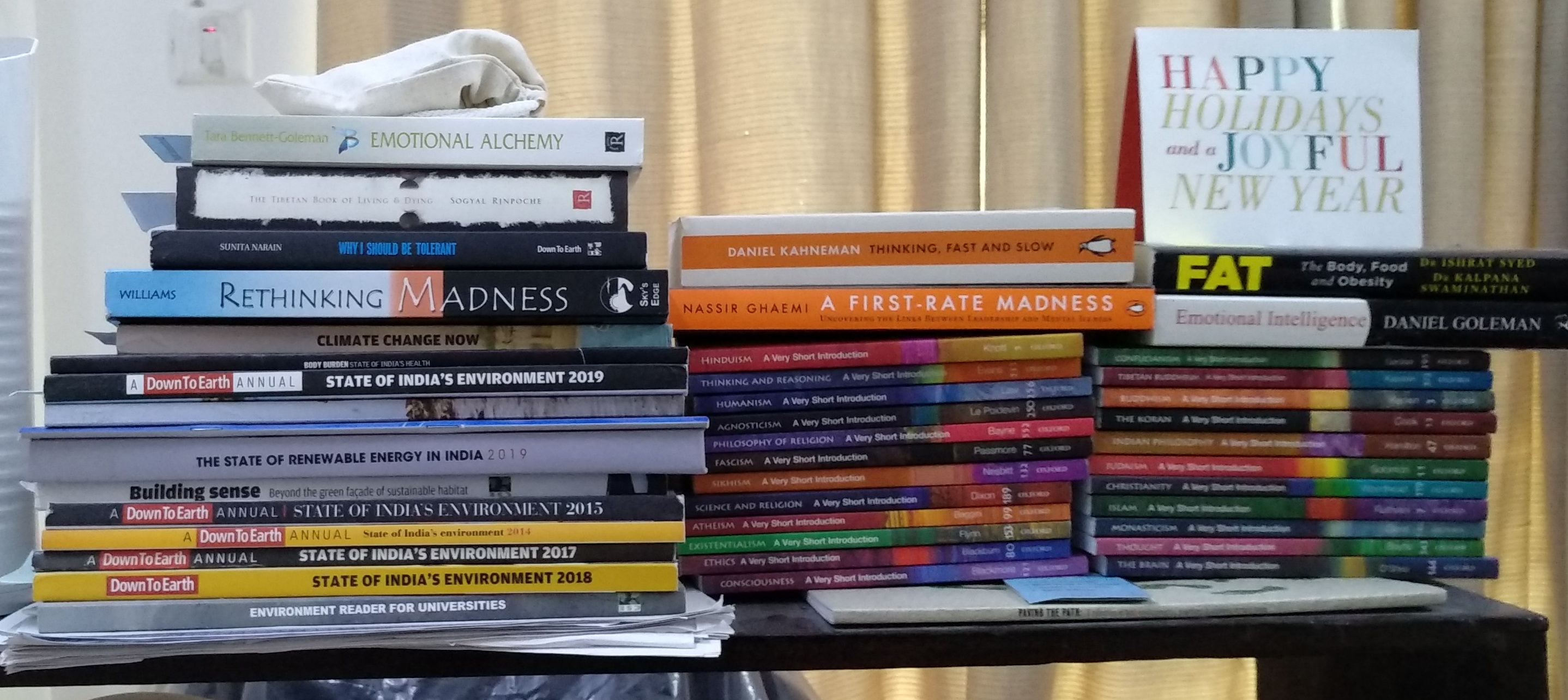
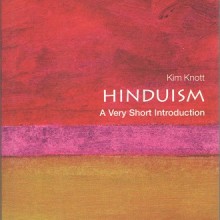

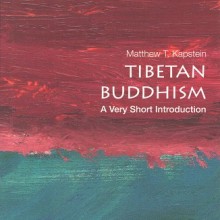

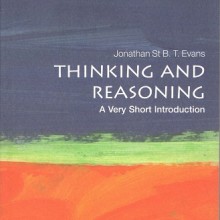

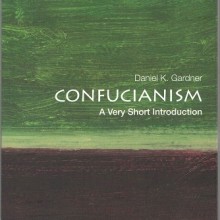

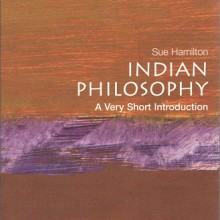







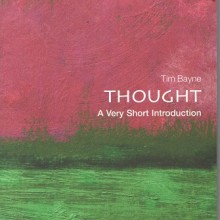



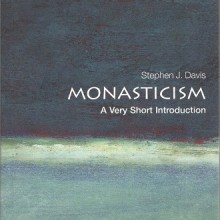

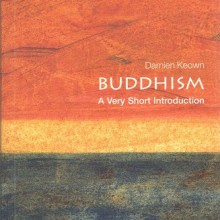

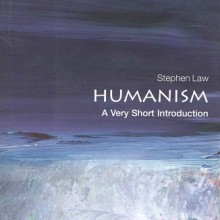

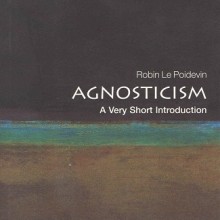

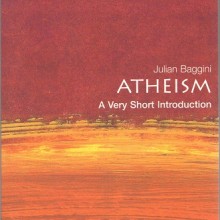



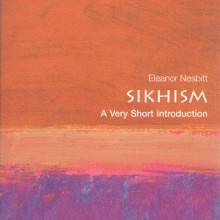

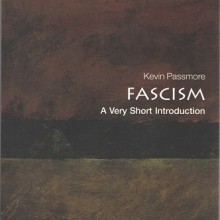

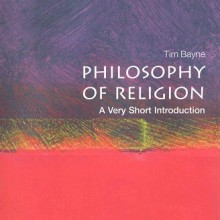

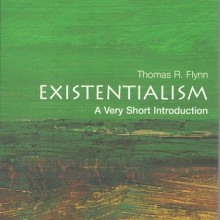

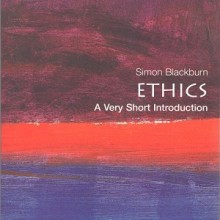

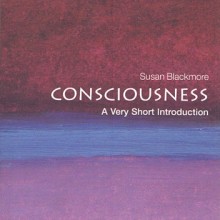

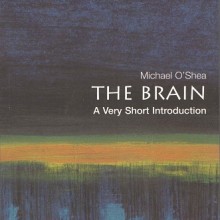



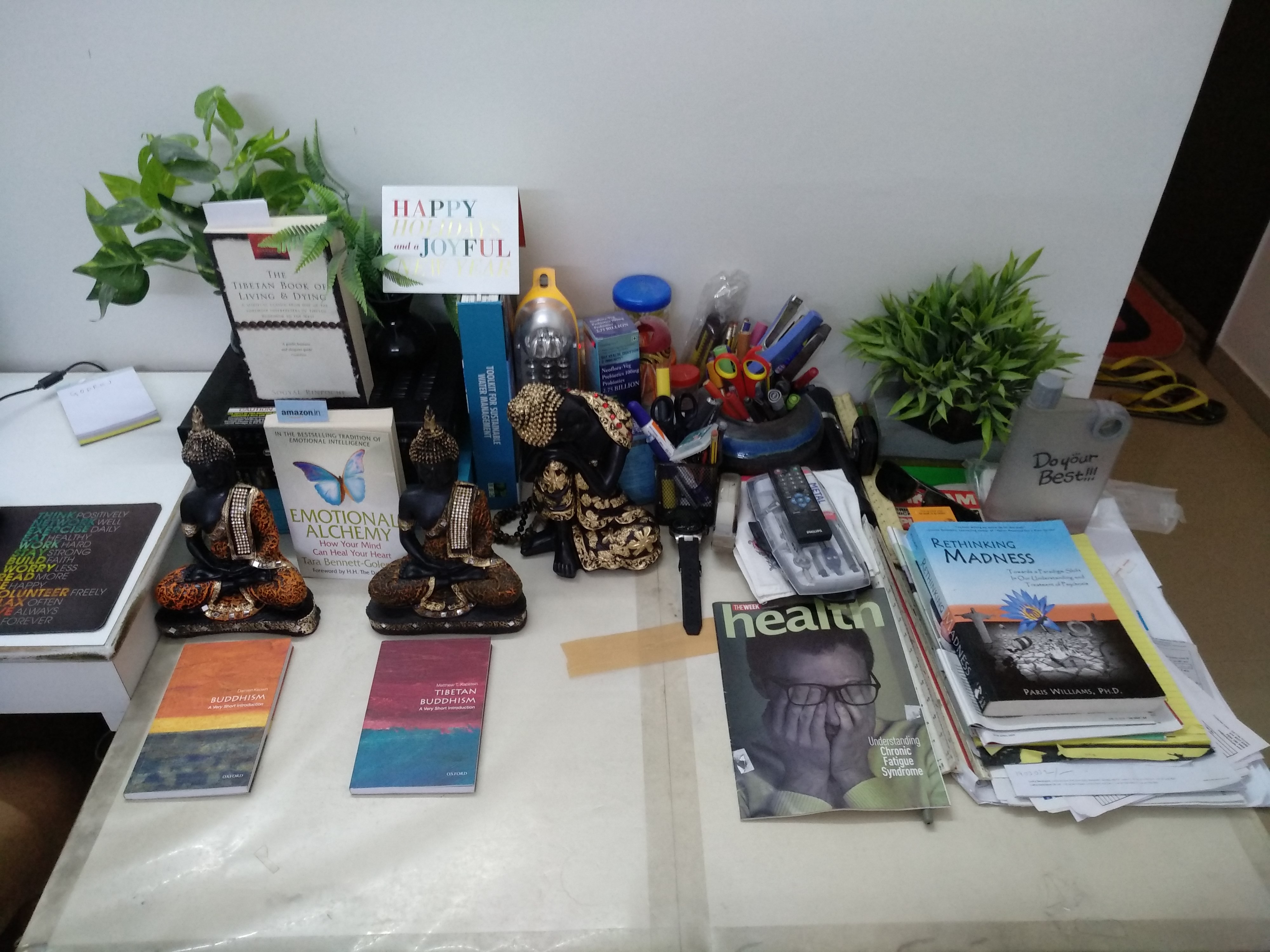
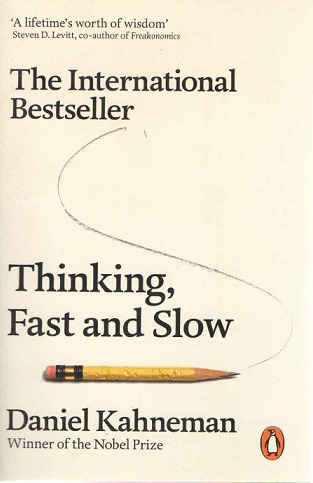
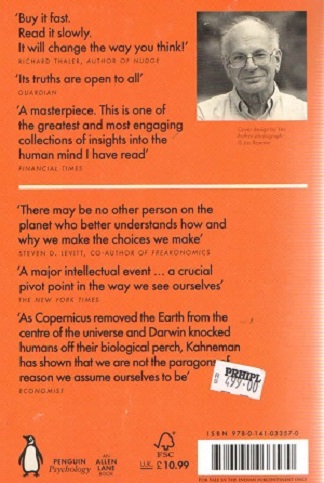
2 thoughts on “Book/Music Lover”